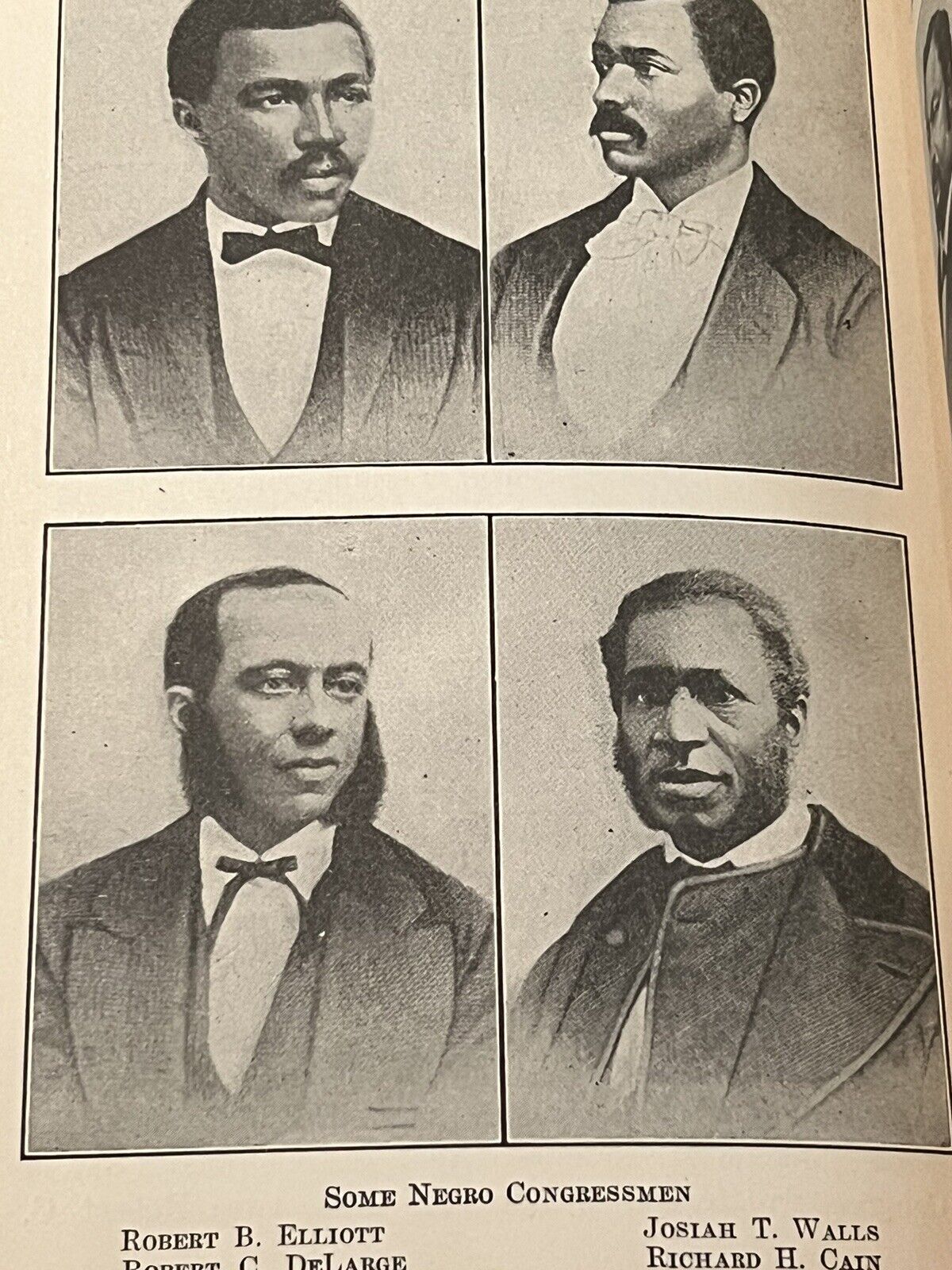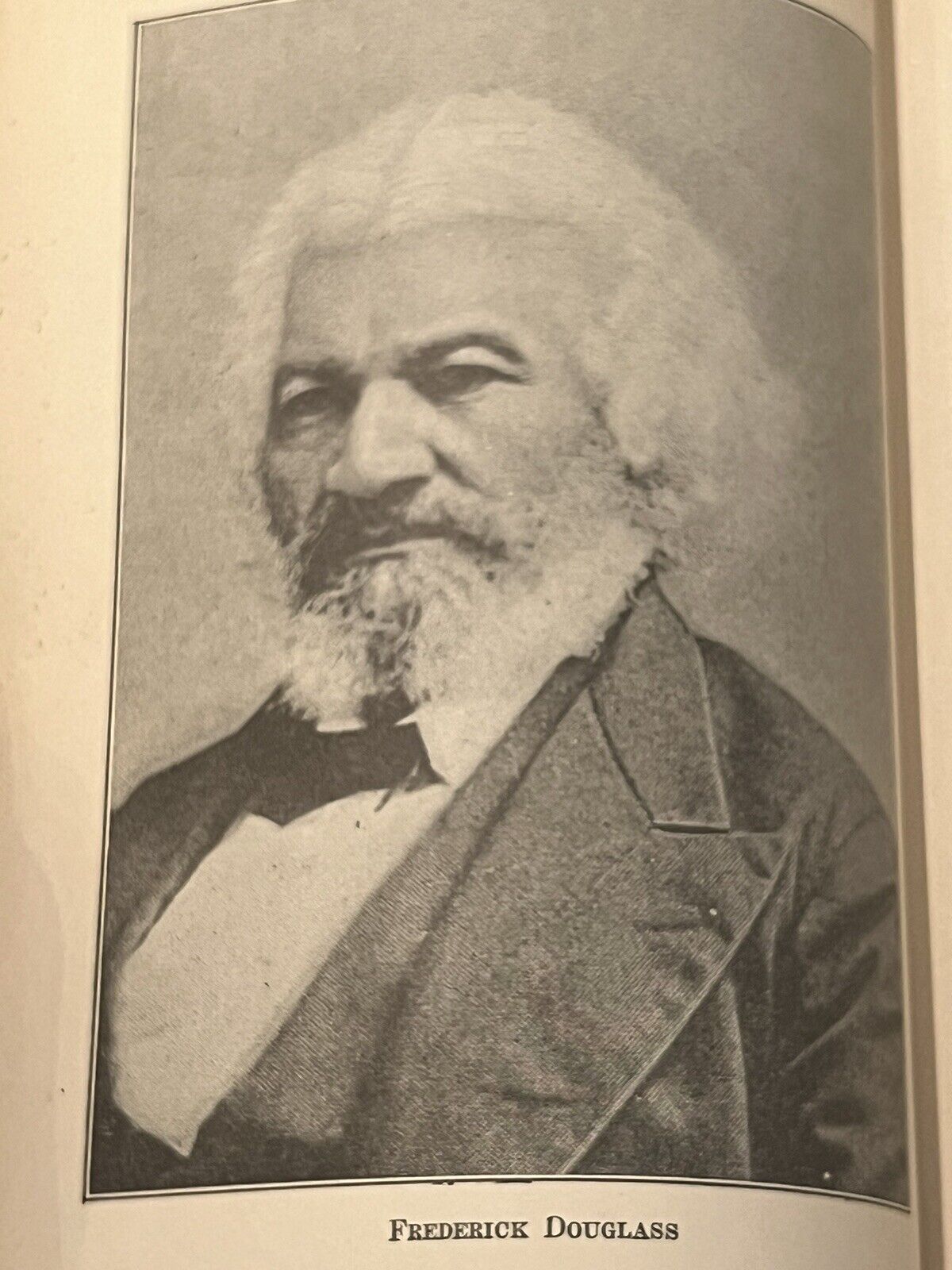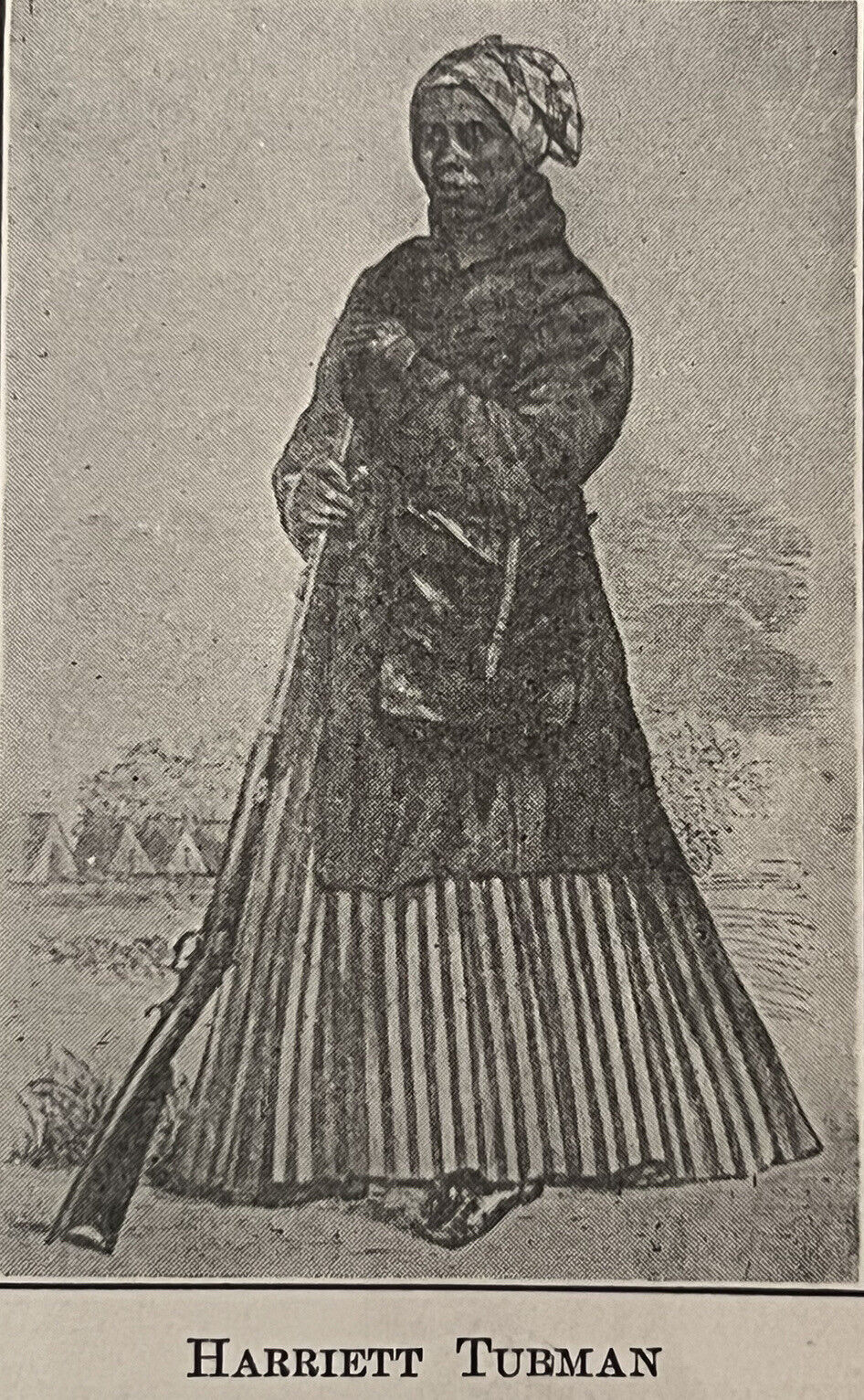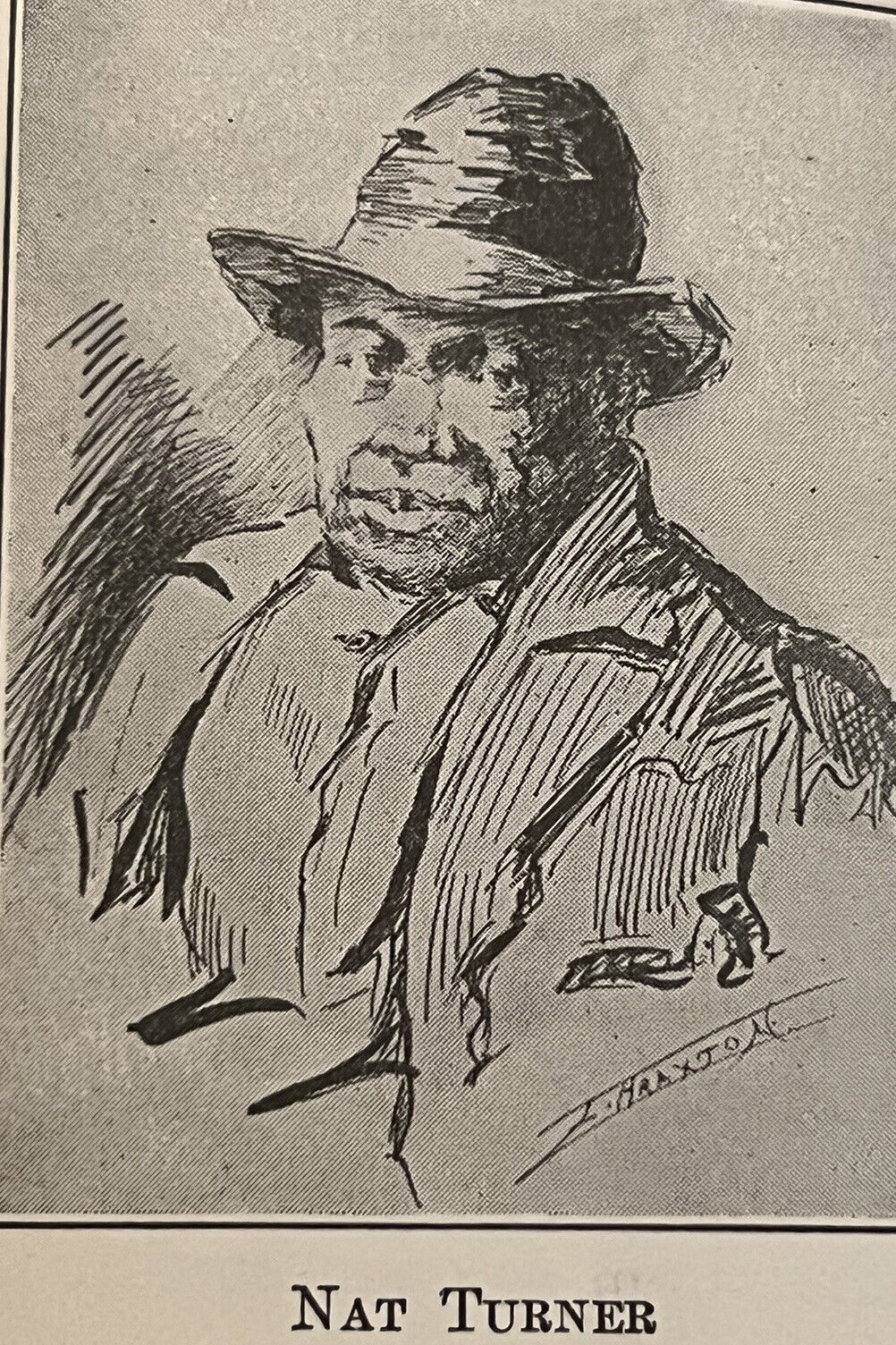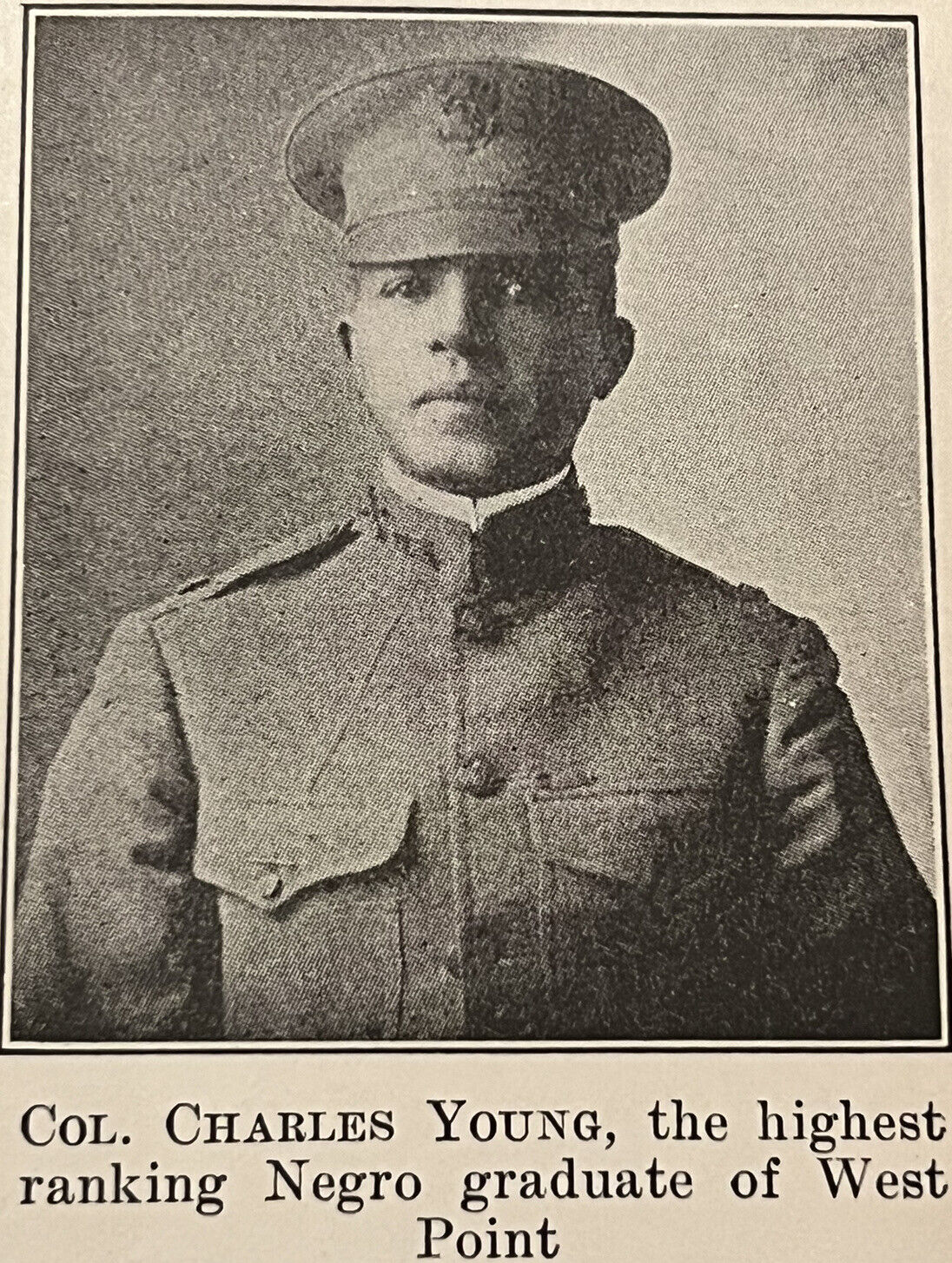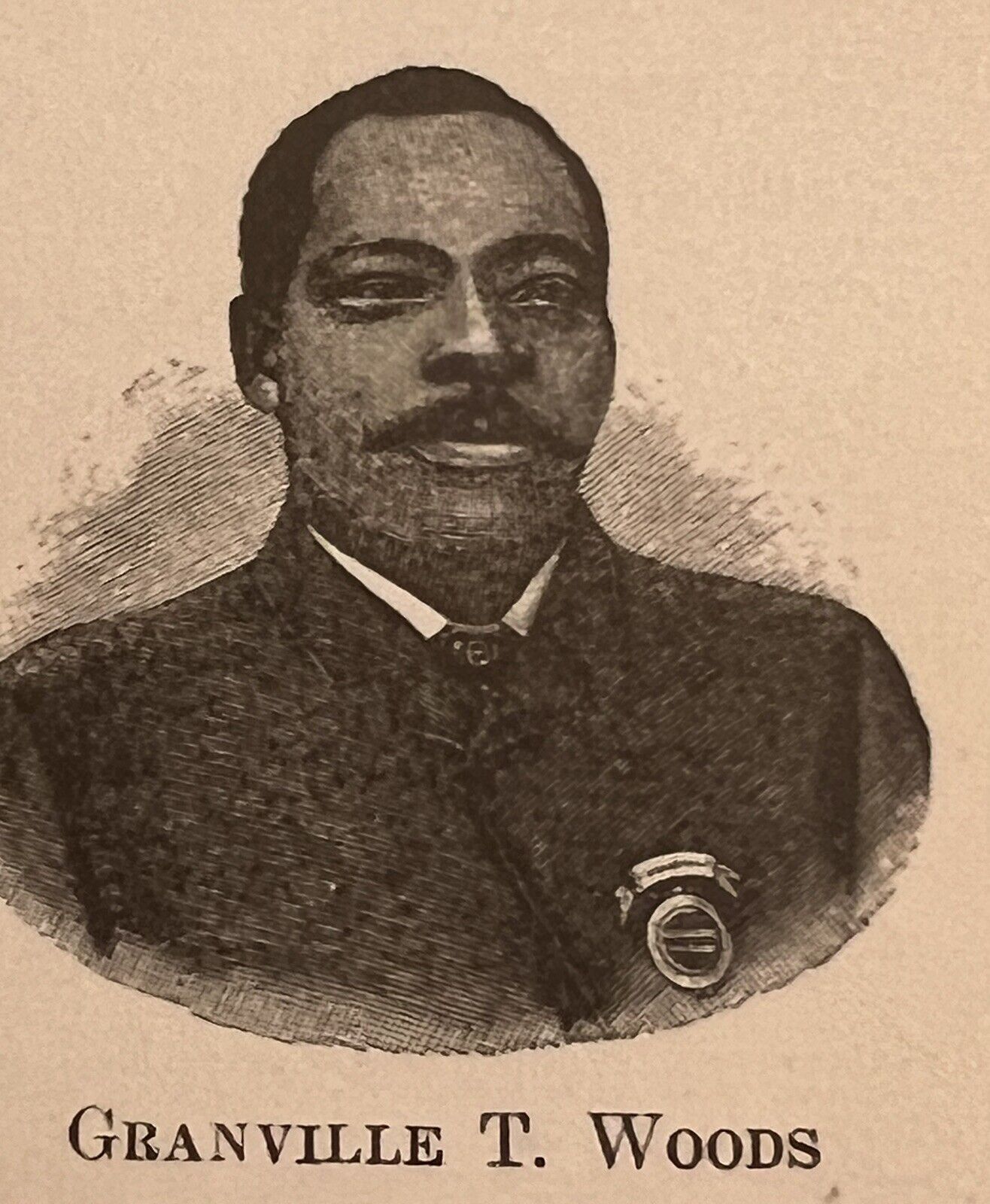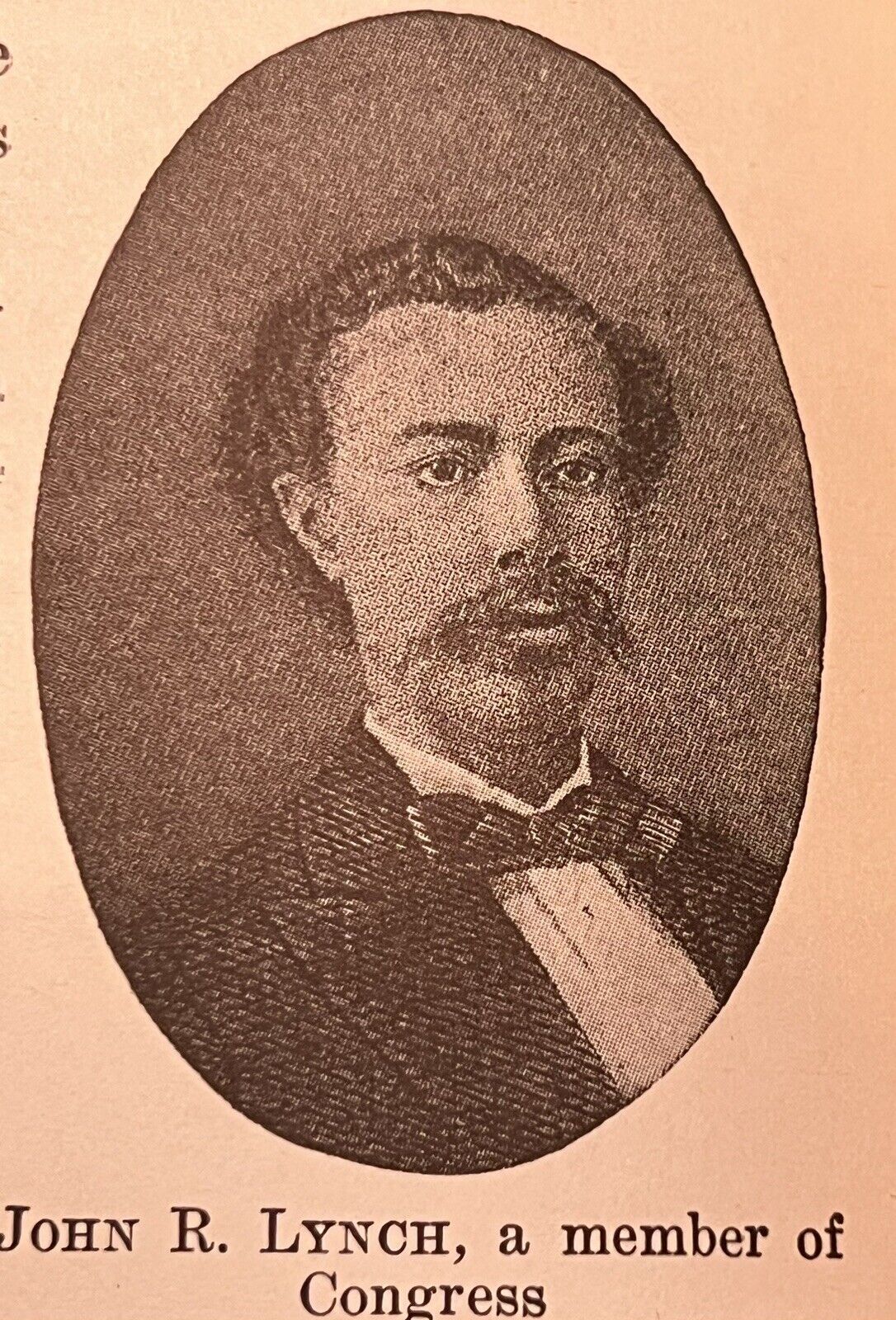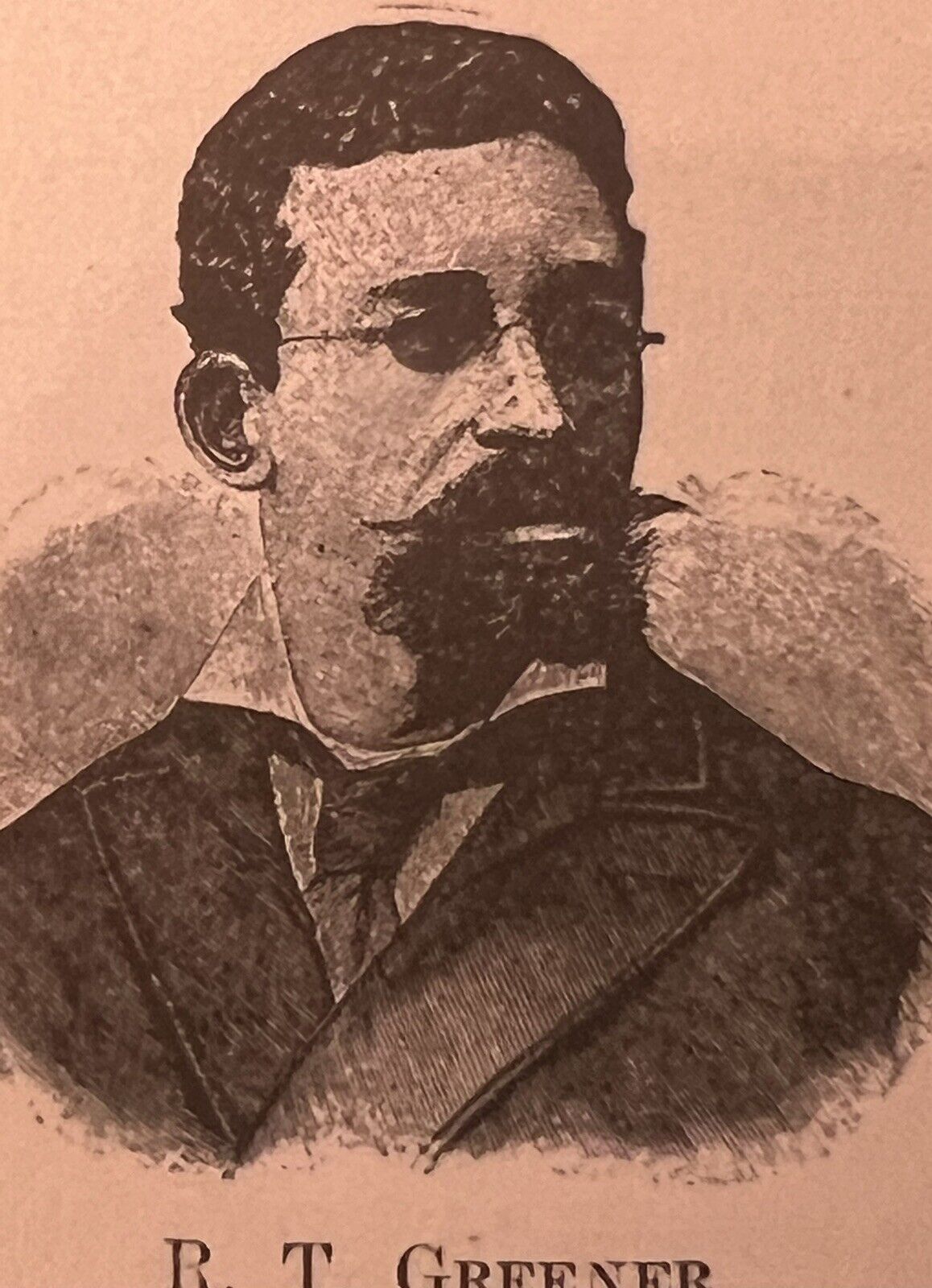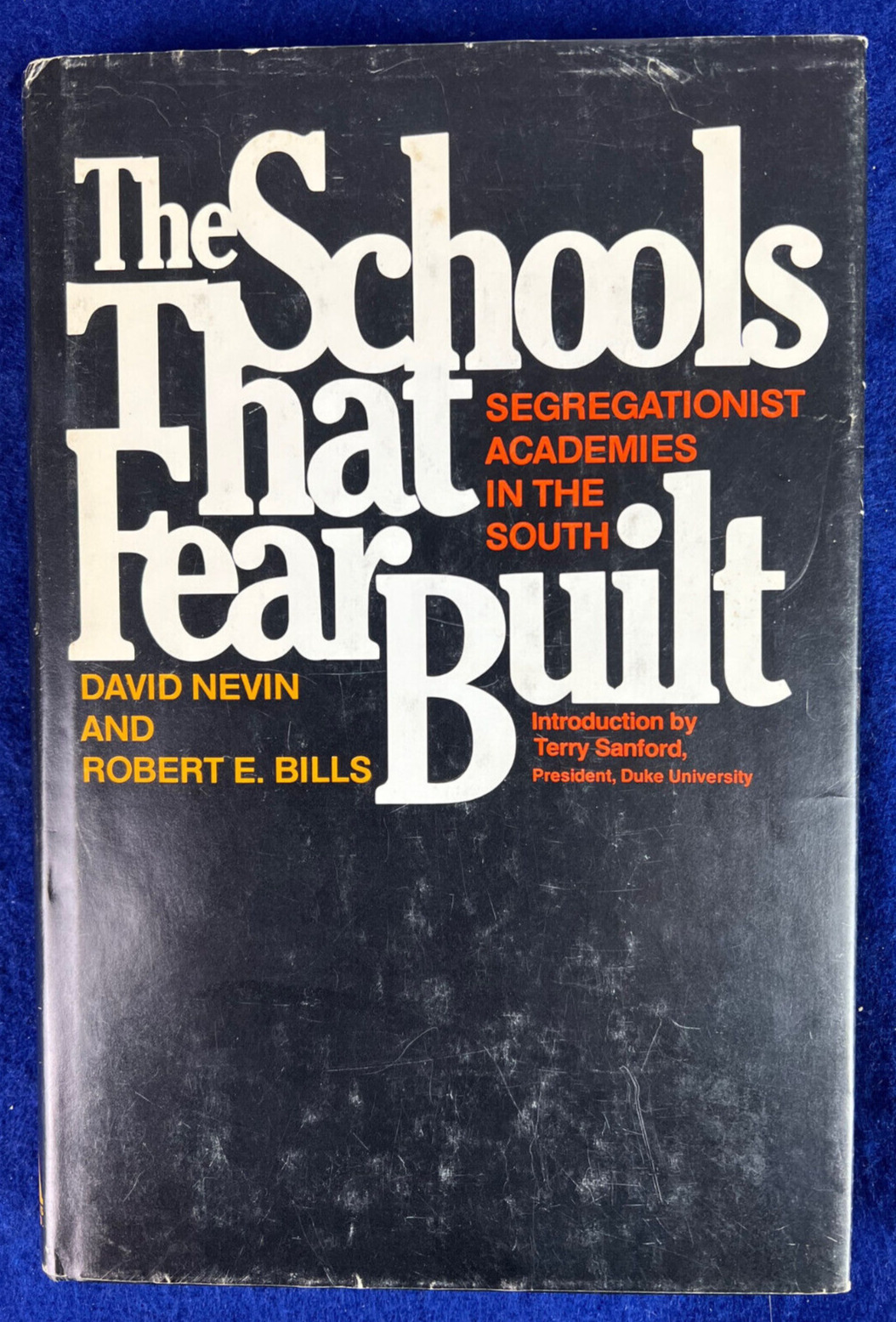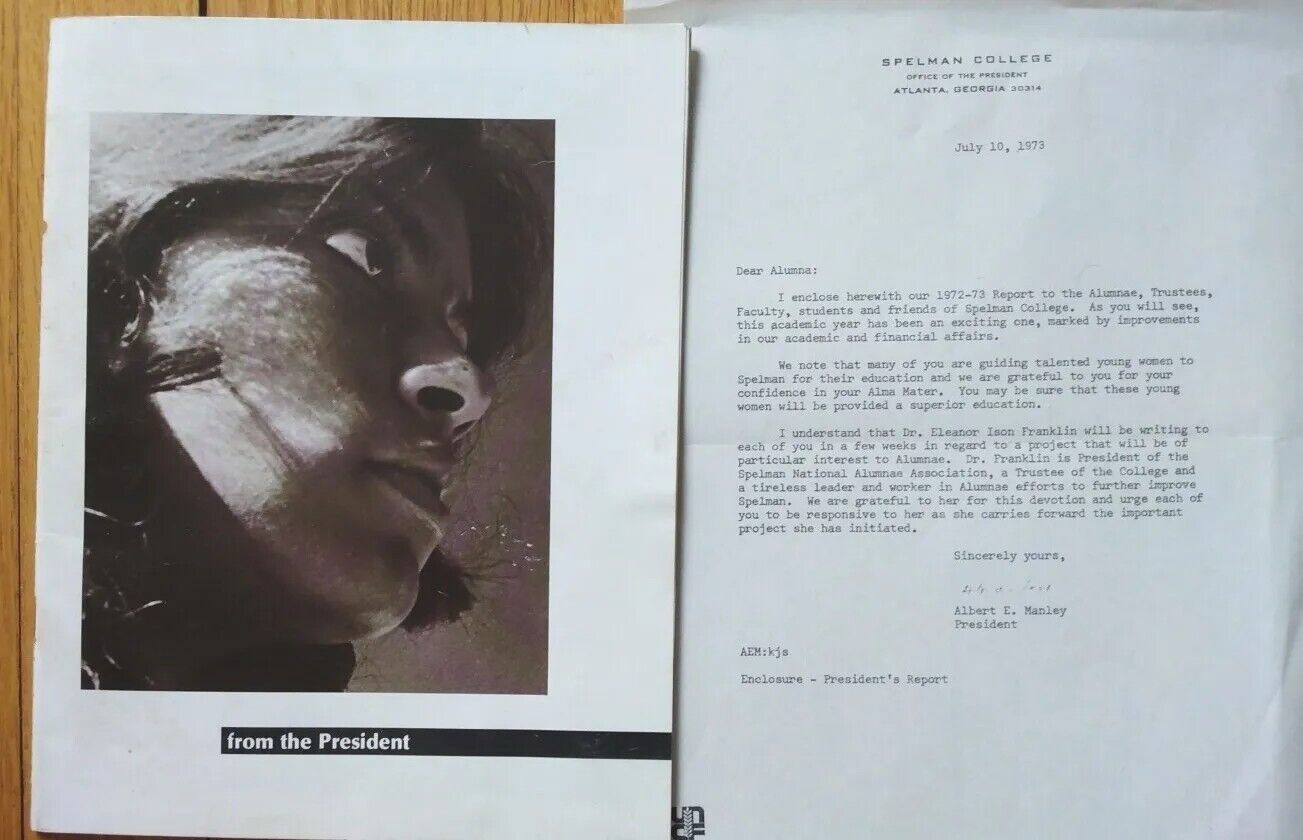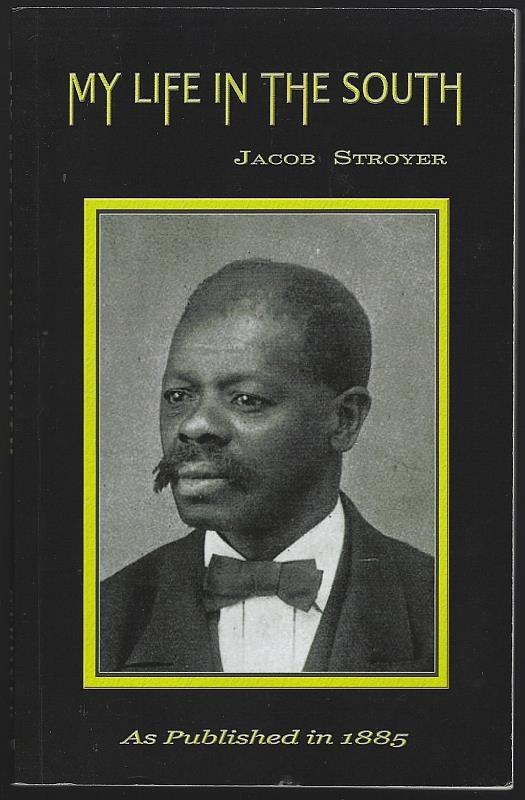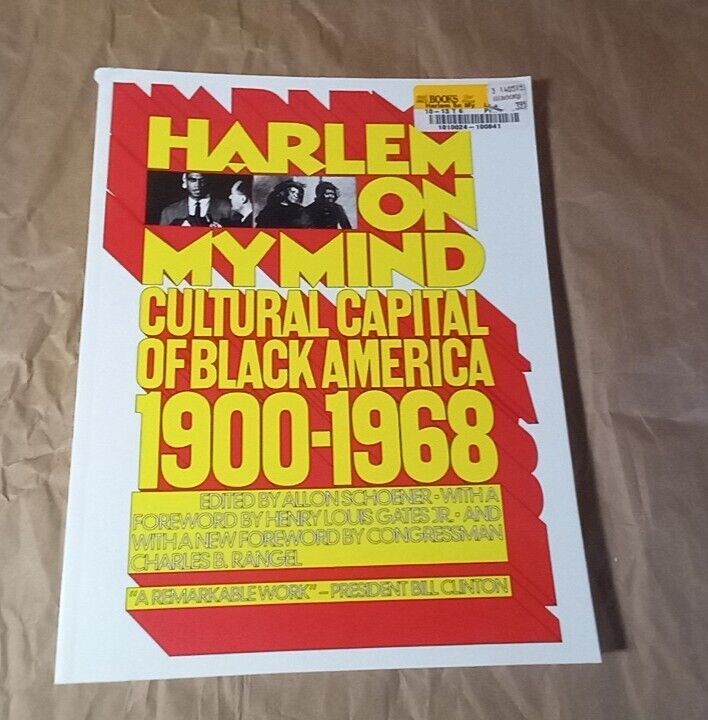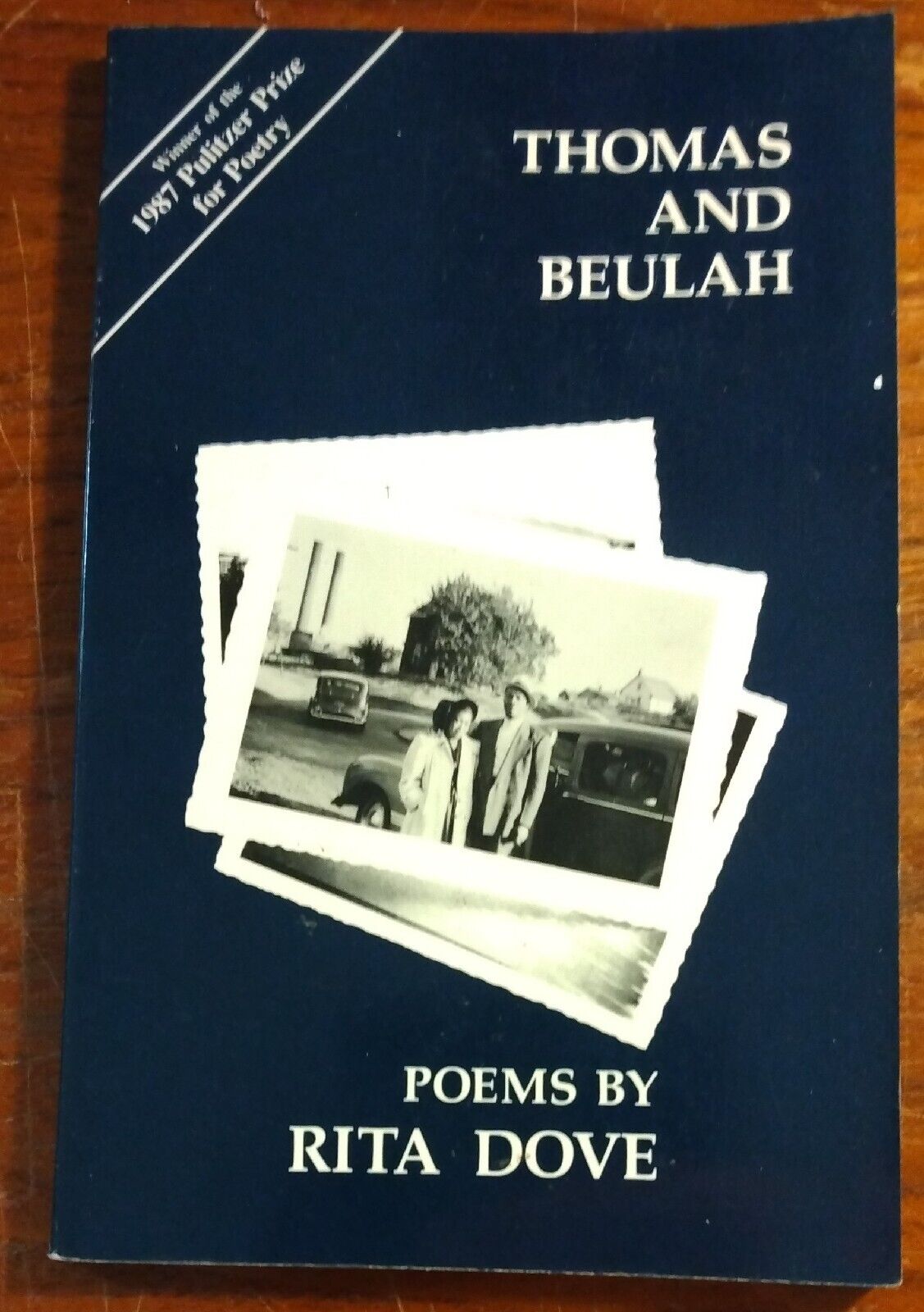-40%
THE NEGRO IN OUR HISTORY ~1922~Carter G Woodson~The Start Of Black History Month
$ 1848
- Description
- Size Guide
Description
1922 Ed. THE NEGRO IN OUR HISTORY-Carter Woodson- Start of Black History Month. Negro History Week (1926)The precursor to Black History Month was created in 1926 in the United States, when historian Carter G. Woodson and the Association for the Study of Negro Life and History (ASNLH) announced the second week of February to be "Negro History Week".[8] This week was chosen because it coincided with the birthday of Abraham Lincoln on February 12 and that of Frederick Douglass on February 14, both of which dates Black communities had celebrated together since the late 19th century.[8] For example, in January 1897 school teacher Mary Church Terrell persuaded the Washington, D.C. school board to set aside the afternoon of Douglass's birthday in February to teach about his life and work in the city's segregated public schools, and this became known as Douglass Day.[9] The thought process behind the week was never recorded, but scholars acknowledge two reasons for its birth: recognition and importance.[10] In 1915, Woodson had participated in the Lincoln Jubilee, a celebration of the 50-years since emancipation from slavery held in Bronzeville, Chicago. The summer-long Jubilee drew attendance from across the county with thousands of attendees to see exhibitions of heritage and culture, impressing Woodson with need to draw organized focus to the history of black people, and he led the founding of the ASNLH that fall.[9]
Early in the event´s history, African-American newspapers lent crucial support.[11] From the event's initial phase, primary emphasis was placed on encouraging the coordinated teaching of the history of Black Americans in the nation's public schools. The first Negro History Week was met with a lukewarm response, gaining the cooperation of the departments of education of the states of North Carolina, Delaware, and West Virginia as well as the city school administrations of Baltimore, New York City, Philadelphia, and Washington, D.C.[12] Despite this far-from-universal observance, the event was regarded by Woodson as "one of the most fortunate steps ever taken by the Association", and plans for a repeat of the event on an annual basis continued apace.[12]
At the time of Negro History Week's launch, Woodson contended that the teaching of Black History was essential to ensure the physical and intellectual survival of the race within broader society:
If a race has no history, it has no worthwhile tradition, it becomes a negligible factor in the thought of the world, and it stands in danger of being exterminated. The American Indian left no continuous record. He did not appreciate the value of tradition; and where is he today? The Hebrew keenly appreciated the value of tradition, as is attested by the Bible itself. In spite of worldwide persecution, therefore, he is a great factor in our civilization.
